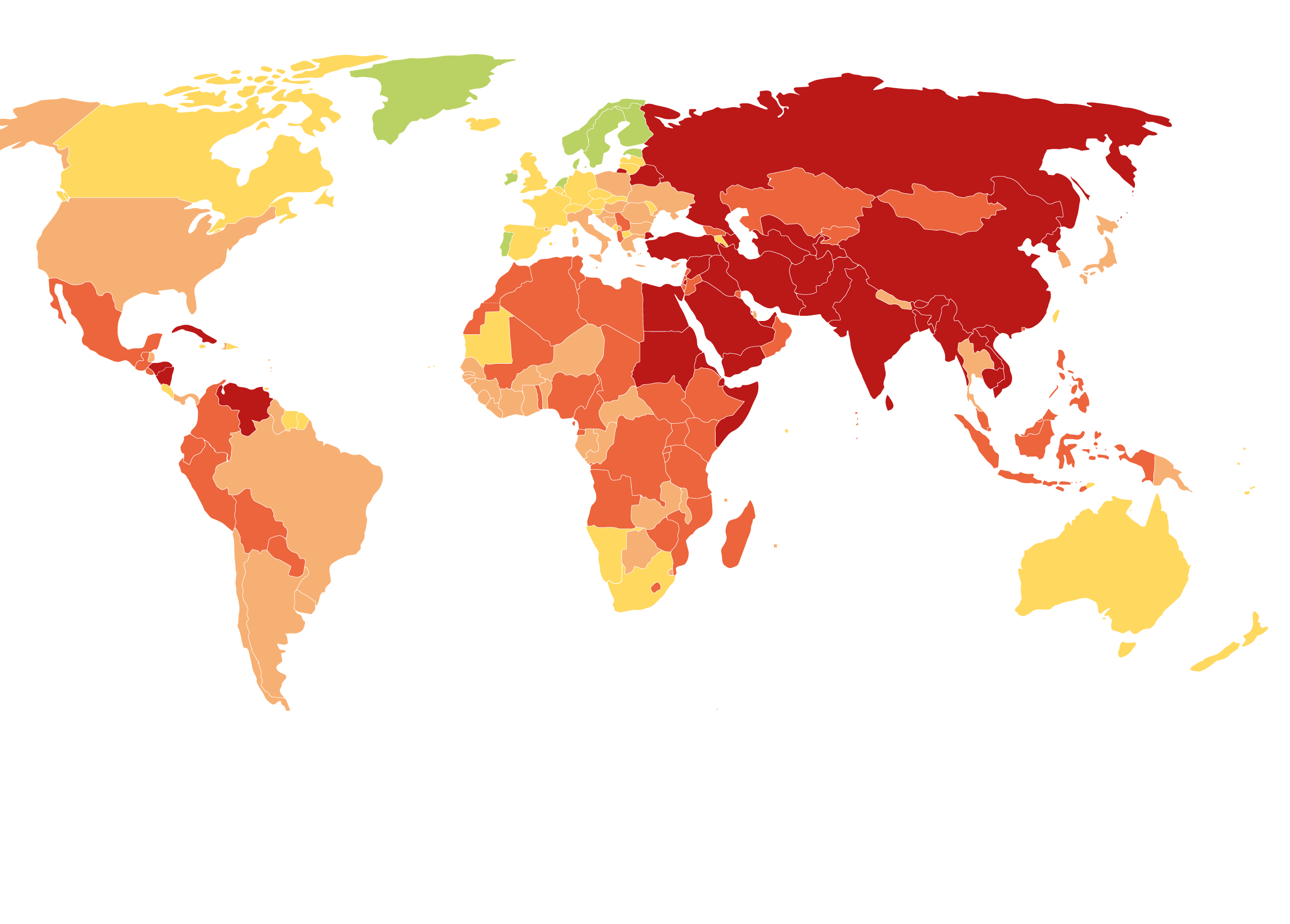Czechia: RSF urges MPs to approve media license fee increase

The Czech Parliament has failed to vote on increased funding for public media, an initiative promoted by the government. After meeting with the director of public broadcaster Czech Radio in Paris, Reporters Without Borders (RSF) calls on members of parliament to send a strong signal in favour of independent journalism by raising the media licence fee and curbing any attempts made by politicians to discredit the leadership and journalists of these outlets.
Despite the Czech government’s majority in Parliament, on 14 February it was once again prevented from voting on increased funding for public media. Due to obstructions by the opposition — which targeted public broadcasters with baseless accusations in its speeches — the vote was postponed to 5 March.
To express support for Czech public media outlets and their journalists, RSF invited the Director General of Czech Radio to its Paris headquarters on 18 February. The NGO’s representatives had also met with the Director General of the Czech Television on 5 February during a mission in Prague.
“Czech Radio and Czech Television are a beacon of independent public broadcasting in Central Europe. We condemn the attempts to discredit their leadership and their journalists and weaken the safeguards against political interference in their newsrooms. We ask parliament to send a strong signal in favour of independent journalism by approving an increase to the licence fee.
Sponsored by the Minister of Culture, the bill would cause the licence fee to increase by 15 CZK (0.6 EUR and USD) for the Czech Television and by 10 CZK (0.4 EUR and USD) for the Czech Radio. The fee, which is the main source of funding for these outlets, would reach 150 CZK (6 EUR and USD) and 55 CZK (2 EUR and USD), respectively. The bill would index the levy on inflation in upcoming years to avoid any loss to its real value. Currently, Czech Television is forced to produce its journalism under a fee set 15 years ago, while the Czech Radio’s levy has not been increased for 18 years.
The long overdue reform would also update the way the levy is calculated. Currently, every household with a radio or television is obliged to pay the license fee, the bill would extend this requirement to all households with an internet connection.
Editorial independence from political parties and oligarchs
“As an independent, public service broadcaster, we do not depend on political parties or oligarchs,” René Zavoral, Director General of the Czech Radio, told RSF during his visit. “Our license fee guarantees our independence and the public’s trust in our work. It should not be removed, but increased — this would allow us to continue our mission of producing quality news for both domestic and international audiences,” he added.
Although both public broadcasters enjoy high levels of public trust and the biggest market shares in their respective audiences, they are not shielded from political attacks. During the last parliamentary session, Andrej Babiš — former prime minister and leader of the opposition movement ANO — once again accused them of being “corrupted” by the government. Without any evidence, he persistently claims the public media are biased in favour of the ruling parties. SPD leader Tomio Okamura baselessly accused the Czech Television of “censorship” of his extreme-right party’s statements and of spreading “Brussels propaganda.”
Refusing additional “taxation,” both Babiš and Okamura want to replace the licence fee with direct subsidies from the state budget, which would make the public broadcasters vulnerable to political influence. If they come to power after the elections scheduled for this autumn, their plan to merge Czech Television and Czech Radio could cause the current leadership — which avidly resists political pressures — to be replaced.
Czechia is ranked 17th out of 180 countries in the 2024 RSF World Press Freedom Index.




